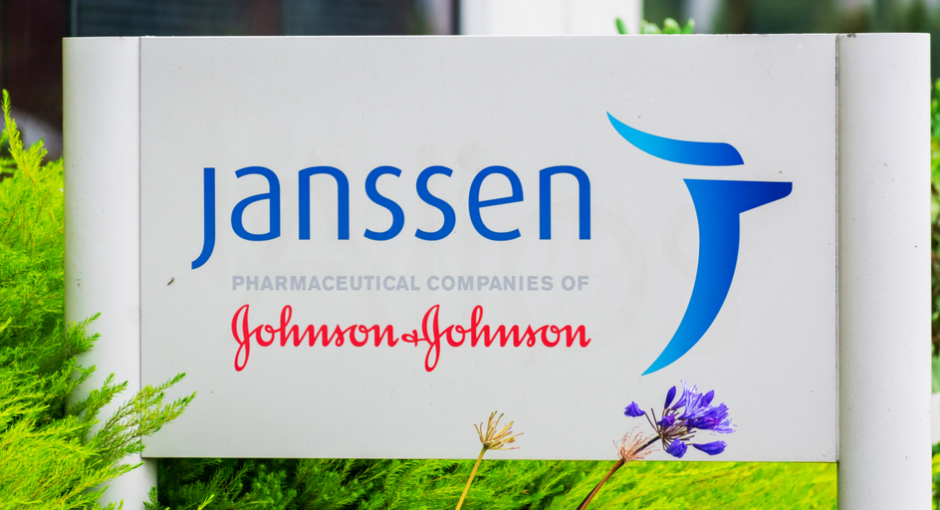Drug manufacturer Johnson & Johnson will stop offering voluntary 340B pricing on Janssen brand orphan drugs to hundreds of rural hospitals at the end of this year. J&J’s decision also applies to the three free-standing cancer hospitals enrolled in 340B.
The company’s decision likely will deal a major financial blow to 340B critical access hospitals (CAHs), sole community hospitals (SCHs), and rural referral centers (RRCs). University of Vermont Health Network, for example, estimates that losing 340B pricing on Janssen orphan drugs will cost it $2 million a year. The UVM system consists of six hospitals in Vermont and upstate New York.
J&J’s new policy covers some of its most expensive products, including Remicade, Stelara, and Simponi.
“Half of our hospitals are subject to the orphan drug exclusion and all of them are deeply challenged by the effects of the pandemic, especially right now as we begin pushing elective procedures and converting ORs to ICU beds and conference rooms to psychiatric holding areas,” said Nathan Awrich, Director, Pharmacy Supply Chain at University of Vermont Health Network. “Our preliminary estimate of the loss due to this action is $2 million per year, further undercutting the critical safety net role these hospitals serve in our region.”
J&J announced the policy change in letters to covered entities dated Nov. 22. Many affected hospitals apparently are still unaware of the change. J&J could not be reached for comment last night about its decision. Nor could the National Rural Health Association (NRHA). The U.S. Health Resources and Services Administration (HRSA) said last night it was unsure if it could comment on J&J’s decision before Monday.
The Affordable Care Act of 2010 extended 340B eligibility to the rural and cancer hospitals. A budget reconciliation bill passed soon after the health care reform bill included a surprise provision saying the newly eligible hospitals were not entitled to 340B pricing on drugs with an orphan designation.
The U.S. Health Resources and Services Administration (HRSA) issued a regulation in 2014 saying the affected hospitals could get 340B pricing on orphan drugs when the drugs were used for non-orphan diseases or conditions. Pharmaceutical Research and Manufacturers of America (PhRMA), the trade group for brand name drug manufacturers, sued HRSA over the rule. A federal district judge struck the rule down, saying HRSA’s power to regulate 340B was limited to three matters: 340B ceiling price calculation, manufacturer civil monetary penalties, and 340B administrative dispute resolution. Since then, HRSA has questioned the extent of its power to make enforceable policy decisions about 340B. HRSA’s doubts helped pave the way for the recent spate of drug manufacturer decisions to stop offering 340B pricing when covered entities use contract pharmacies.
The offices of U.S. Reps. Peter Welch (D-Vt.) and David McKinley (R-W.Va.) could not be reached last night for comment about J&J’s decision. Welch and McKinley are the co-sponsors of legislation to codify HRSA’s failed 2014 regulation. Welch with other GOP co-sponsors have failed get the bill passed since 2016.
Some, but not all, makers of orphan drugs have continued to voluntary provide 340B pricing on the products to CAHs, SCHs, RRCs, and free-standing cancer hospitals.
Amgen, which on Wednesday became the 10th drug company to announce conditions on 340B pricing when contract pharmacies dispense medicines to patients, ended voluntary 340B pricing on orphan-designated drugs effective Jan. 1, 2021.
HRSA keeps a database of drugs to which the 340B orphan drug exclusion applies. There are 5,144 drugs on the list, ranging from Zolgensma (wholesale acquisition cost $2.12 million per dose) to vitamin C (used to treat Charcot-Marie-Tooth disease, a hereditary motor and sensory condition).


